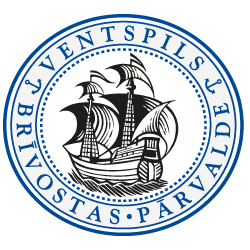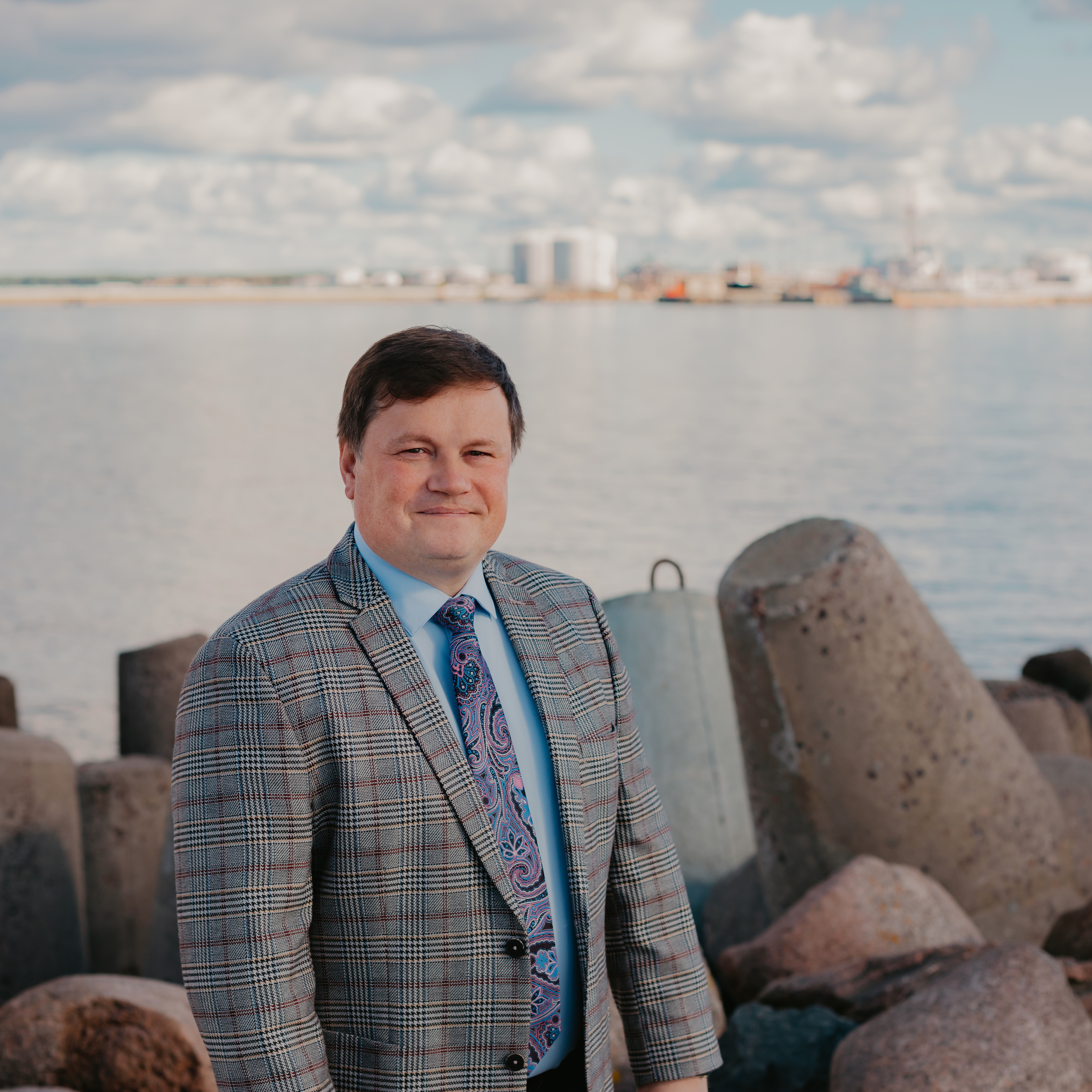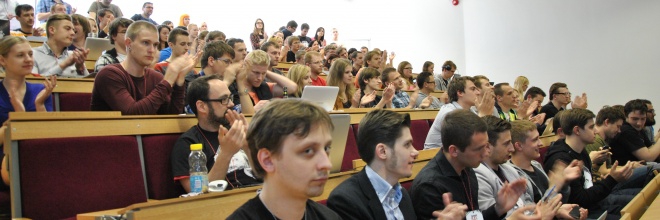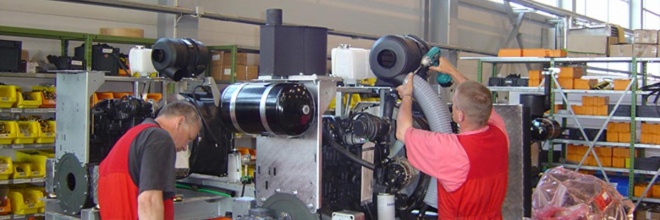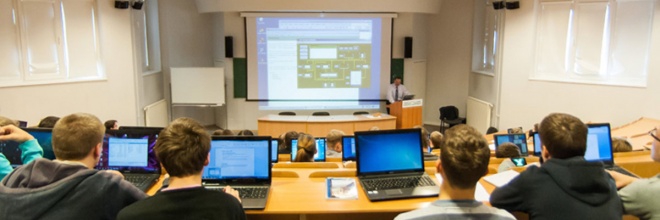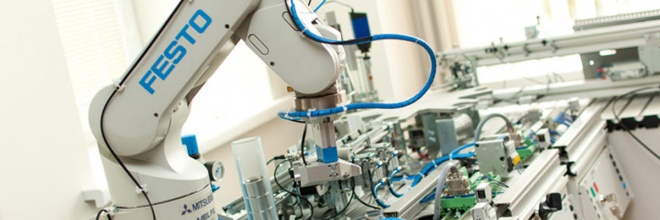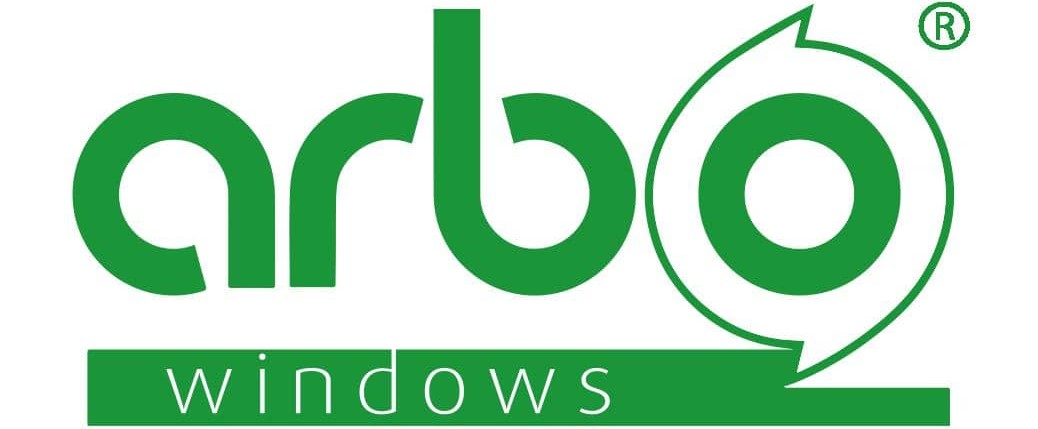Contacts
Human Resources
Human resources in Ventspils possess characteristics that inherent in Northern Europe – high level of motivation and solid work ethic. With 41.4 thousand people (2013 data), Ventspils is the 6th largest city of Latvia. The economically active population of the city is complemented by specialists from neighboring Latvian regions. Ventspils is one of the best hubs in the Baltics for professional and higher education, as well as research infrastructure in IT, telecommunications, electronics, astronomy, engineering and other industries.
A Multilingual Environment – for the Cooperation between the Eastand West
Our advantage is the ability to cooperate equally well with the countries to the East (Central Asia) and West (EU partners). 57% of the population are Latvians, but for daily communication purposes the Russian language is also used – around 28% of the population are ethnic Russians. Due to the geographical location and the open labor market Scandinavian language skills increase; also English and German are used freely.
Technical and Specialized Skills
One of the most prestigious professional and continuing education training institutions – Ventspils Technical School – North Kurzeme Competence Center is located in Ventspils. Since it is one of the most modern well-equipped educational institutions in Latvia, it offers education in initial vocational, continuing and professional development programs. The center has developed the most advanced infrastructure in the country for vocational training in areas such as engineering, mechatronics, mechanical engineering, auto mechanics, energetic, electronics, hotel and restaurant service programs etc. The range of programs is constantly expanding – now the latest specialities offered are building carpenter, building internal communication technician, auto mechatronics, ICT specialist, waiter, and others.
The proposed training programs are focused on dual vocational education: a flexible curriculum is combined with work experience in a company according to the specifics of the acquired profession. 40-45% of the curriculum consists of the theoretical training organized in the school, while 55-60% of the professional subject training and learning practice is acquired in real companies of the specific field. Partners of vocational education are such companies from the Ventspils industrial zone as Bucher Municipal (engineering), Malmar Sheet Metal (engingeering), HansaMatrix Ventspils (mechatronics), and others. The dual vocational training has received extensive support from the municipality of Ventspils.
In 2014 significant infrastructure improvements are carried out in the Ventspils Technical School. With the help of EU project co-financing, a single vocational education complex has been created, that includes also a European-standard student residence for 250 students. The up-to-date training workshops offer creating a high-quality learning process as well as expanding the range of the training programs. The equipment has been purchased in accordance with the modern technological requirements. To ensure that, specialists from the Hannover Heinz-Piest Institute were attracted for recommendations.
At the same time, according to the employer’s order, the competence center carries out a specific work force training or retraining and recognizes qualifications acquired in fields profiling outside the formal education.
Each year an average of 700 experts of different fields acquire professional qualifications in the North Kurzeme Competence Center “Ventspils Technical School”. According to the school’s development and investment strategy, the number of students will increase up to 1022 in 2020.
European-Level Higher Education
In terms of numbers of trainees in higher education institutions Latvia is one of the top countries in the world. Generally more than 1000 students learn in Ventspils. Different universities or their branches offer a wide range of higher education programs. The major one – Ventspils University College offers also international study programs including Management Science. The study programs are developed in accordance with the demand of the industrial sector by preparing professionals of engineering, electronics, electrical engineering, IT and other perspective branches. External infrastructures like Ventspils High Technology Park (VHTP), VHTP Business Incubator, Technology Transfer Center of Kurzeme, Ventspils International Radio Astronomy Center (VIRAC) and other are also integrated in the study process.
Ventspils University College
Ventspils University College (VUC) is the strongest basis for intellectual capital and research potential in Ventspils – it is a place where employers first meet their future employees. The university was founded in 1997 by the Latvian state and Ventspils municipality. Since then about 900 students study IT, business management as well as professional translation in advanced-level study programs. Almost ¾ of all students come from other cities and regions.
The VUC Business management studies are carried out in cooperating with Denmark, Germany and the help of other visiting foreign faculty members. It consists of a professional study program in business management for manager training, as well as an intensive international academic business management program with a specialization in marketing and logistics or accounting and finance. In collaboration with the IMC Krems University of Applied Sciences in Austria, a Master study program of International Business and Export Management with a specialization in international trade and finance, international marketing, logistics, controlling, international law and politics, personnel management and intercultural management is carried out. The program provides a common quality management system, which ensures the level of education that corresponds to the Austrian standards.
The demand for engineering professionals in the industrial production field has helped many students of the VUC to choose electronics and electrical engineering studies. For study and research purposes electronics and electrical engineering laboratories (most up-to-date in the Baltics) have been created for the students and teachers of VUC. The electronics study program offered in VUC is one of the best in Latvia.
The concentration of ICT sector companies in the city has contributed to the development of IT studies in VUC. Around 200 students are taught by faculty members from Latvia, as well as from Lithuania, Belarus, Estonia, France, Belgium and Germany. The city administration encourages the cooperation between students, graduates and local businesses.
Other Higher Education Possibilities in Ventspils
Also the branch of the Riga Technical University (RTU) is located in Ventspils. It offers engineering studies – computer systems, electronics, energetic and electrical engineering, telecommunications, electrical technology computer management, engineering, mechanics, mechanical engineering and other study programs.
The Ventspils branch of the Baltic International Academy carries out training in business and law, Riga Teacher Training and Educational Management Academy (RTTEMA) offers programs in pedagogy, psychology, management and administration, while the College of Law – law, business and human resource management, property management, accounting and finance, as well as computer system and network administration programs.
Science and Research Potential for Business Development
Latvia’s accession to the European Union in 2004 further boosted the interest about strong research centres. Also the research centers of Ventspils conduct R&D knowledge transfer into the business environment.
VIRAC – a Powerful and Specialized Research and Development (R&D) Center
The engineering institute Ventspils International Radio Astronomy Center (structure of VUC, hereinafter – VIRAC) has demonstrated rapid development after receiving great support of the government. It operates in four main business fields.
Fundamental and applied research in astronomy and astrophysics, especially in Very Long Baseline Interferometry (VLBI). With its 32 m and 16 m diameter radio telescopes, which due to their size qualify as unique research objects in the whole Europe, VSRC regularly participate in international multiple and single antennas research programs.
As an associate member of the European Very Long Baseline Interferometry (VLBI) Network and as a partner within the Very Low Frequency Interferometry (VLFI) Network, it performs research in order to explore physical processes in space, space objects and chemical and chemical molecular systems of space objects, their irradiation, Solar observations, investigations and identification of cosmic debris and asteroids.
The applied space technology is mainly allocated in processing of satellite data, satellite navigation (including geodesy monitoring and satellite navigation network’s support point) and satellite communication with state-of-the-art technology development of small satellite construction. Satellite image processing techniques are applied in the research of Earth’s surface, such as monitoring of nature conservation area, environmental security issues, investigation of forest viability, fire protection and GIS spatial planning issues with wide areas of application.
Department of High Performance Computing (HPC) has world-class competence in fluid dynamics modeling from LES to multiple reference frame technologies and porous media. The performed simulation and optimization tasks of wind turbine companies and oil transit corporations have helped them to increase their competitiveness. Our skills of multi-physics heat and mass transfer, electromagnetic fields are used to maintain high quality industrial processes in microelectronics, heat transfer management for EU BIG Science or Industrial partners.
The research activities in area of applied electronics and engineering includes 3D Rapid prototyping services, design and production of small series electronic PCBs and their testing, smart and sensor network based solutions, communication gateways and video streaming applications. VIRAC operate ground station, two wind observation stations using advanced technologies to design efficient power energy generation solutions.
Ventspils Centre for Entrepreneurship, Innovation and Regional Development (CEIRD)
The main aim of the Centre for Entrepreneurship, Innovation and Regional Development (structure of VUC, hereinafter – CEIRD) is to promote the designing of projects relevant to the region that would contribute to the development of entrepreneurship.
Since the establishment of CEIRD the centre has attracted lecturers and researchers from the Baltic States and Europe, who have shared their opinion about entrepreneurship with students and have given their contribution by scientific publications on the development of entrepreneurship in the region. The CEIRD participates in several local and international research projects, such as the Smart Community, which is linked with the identity of the region and is being developed in cooperation with colleagues from the University of Tartu, Tallinn Technical University (Estonia) and Alto University (Finland). CEIRD organizes seminars and training courses for entrepreneurs, provides consultations and expertise in fields of entrepreneurship and innovation.
Technology Transfer Center of Kurzeme
The Technology Transfer Center of Kurzeme provides services of high-tech research and commercialization and intellectual capital protection in local and international markets. Modern up-to-date equipment, including laboratories of electronics and electrical engineering, are available here in Ventspils for the development of new technologies, the improvement of existing technologies, as well as for the adaption of producer’s demands.
Businesses currently in Freeport of Ventspils
Sales manager of the ARBO Windows Vjačeslavs Kolosovs:
– We have chosen Ventspils as our home. Wonderful infrastructure of the Ventspils city, a nearby port, ferry traffic, availability of labor, as well as support of the Ventspils Freeport and the provided offices for production make our work much easier.
Māris Daniševskis, Head of the PtX Department at SIA PurpleGreen Energy C: “We believe Latvia has strong potential to become an exporter of renewable energy. One of the most effective ways to export this energy is by converting it into molecules – such as e-methanol or green ammonia – and then transporting it using the infrastructure available at the Freeport of Ventspils. We highly appreciate the support provided so far by the Freeport of Ventspils Authority and the positive start to our collaboration, and we are working with great optimism to bring this project to life.”
Uldis Ālītis, Head of Project Development and Innovation at SIA PurpleGreen Energy C: “This project is of strategic importance not just for Latvia, but for the entire European Union in reaching the goal of net zero emissions by 2050.
The planned facility will operate with an installed power capacity of 550 MW, enabling the annual production of around 550,000 tonnes of green ammonia. The project could increase Latvia’s total electricity consumption by 65–70%. Additionally, this project is expected to provide a significant contribution to the national budget – approximately EUR 66.4 million in taxes annually.”
